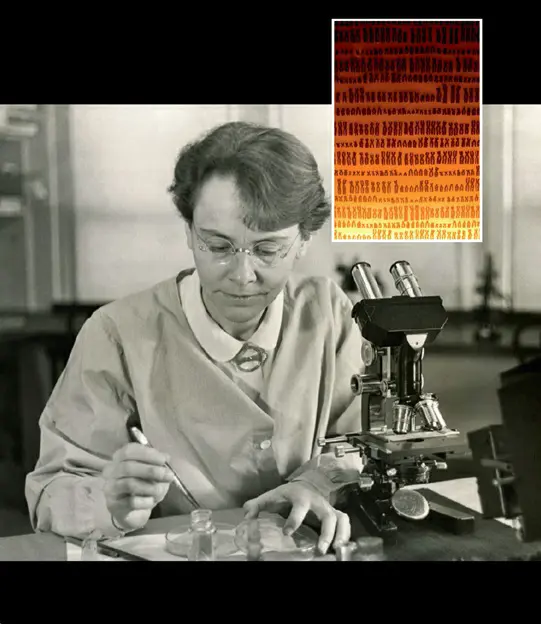The field of plant genetics, pivotal in understanding the inheritance of traits in all life forms, owes its foundations to the groundbreaking work of Austrian botanist Gregor Mendel and American botanist and geneticist Barbara McClintock. Mendel, often hailed as the father of modern genetics, laid the groundwork for this discipline with his meticulous experiments on pea plants between 1856 and 1863. His observations on dominant and recessive traits and the predictability of inheritance patterns were revolutionary, although his work was not immediately recognized.
In the twentieth century, the study of genetics was further advanced by the remarkable contributions of Barbara McClintock. Her innovative techniques in microscopy allowed her to observe chromosomes in maize during cell division. McClintock’s work shed light on the role of chromosomes in genetic transmission and proposed groundbreaking ideas about the regulation of gene expression. Initially, her theories were met with skepticism, but they eventually gained acceptance and recognition, leading to her Nobel Prize in Physiology/Medicine in 1983.
McClintock’s story, along with Mendel’s, highlights the often solitary nature of pioneering scientific research and the challenges of gaining recognition. Both made invaluable contributions to the understanding of plant genetics, paving the way for modern genetic research and biotechnology.

